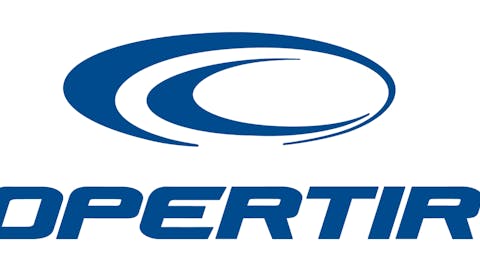The auto industry has been hit very hard over the last few years, and most investors have turned away from the once-booming sector. As a result, there is value to be found in the auto industry and money to be made. Additionally, with the city of Detroit claiming bankruptcy in mid-July, the motor city has subsequently injected more value into many of the auto industry stocks by creating a discount.
The stocks mentioned herein are the most undervalued stocks I came across during my research for attractive investments, and stocks that investors should certainly consider for both the near and long-term.
The three musketeers

This could be a solid long-term investment, not just a trade on the auto industry making a full rebound. Trading at $82.56, the shares are still trading well below the 52-week high of $88.74 and below the discounted cash flow analysis recommendation of $95.
Last year, Advance Auto Parts, Inc. (NYSE:AAP) was rumored to be in the early stages of discussions with private equity about a potential buyout. Rumors have died down, but it’s still something that should be kept in mind. Deutsche Bank upgraded shares of Advance Auto Parts from a Hold rating to a Buy rating, noting that the company is trading at a steep discount relative to it’s reward profile.
General Motors Company (NYSE:GM) emerged from the bankruptcy in July 2009. It is one of the world’s largest automobile makers with roots dating back to 1908 and produces cars and trucks in 30 different countries.During the first quarter, GM acquired Ally International (the international division of its old finance subsidiary, GMAC) and announced record vehicle sales in China where the company has an approximate 15% market share. Warren Buffet increased his ownership of GM stock to 25 million shares and the stock finally surpassed it’s IPO price of $33 in May.
After performing a discounted cash flow analysis projecting earnings five years forward, while discounting against the S&P 500, my conclusion is that the shares are worth $41 today, making it 14% undervalued. Moreover, the company is trading at 1.71 times book value.
As a tire manufacturer, Cooper Tire & Rubber Company (NYSE:CTB) is somewhat tied to the cyclical auto industry, although only last year it started to supply tires for new cars in the USA to Ford Motor Company (NYSE:F). In China, being a supplier to car manufacturers is a key part of its strategy. Cooper experienced net negative income in 2008 of $200 million and has been restructuring ever since.
A discounted cash flow analysis shows that the shares are worth $36 – $3 under the current price. The company also just received a £1 million government grant, to improve its energy efficiency and help safeguard almost 1,000 jobs.
Something worth noting as well is that insiders have been increasing their ownership of the company a net 63% over the last twelve months. I think they are doing the right thing. The stock is available at $33, and given that there is significant book value and a steady dividend, Cooper Tires is a stock to consider.
Foolish conclusion
The auto industry has been pain-stricken for many, many years, but the change in consumer sentiment and revival of the global economy since 2008 has created some excellent investment opportunities. The aforementioned stocks are all trading at discounts, and if investors want to find some of the best deals in the market today, look no further than the auto-industry.
Chris Johnson has no position in any stocks mentioned. The Motley Fool recommends General Motors.
The article 3 Undervalued Auto Industry Stocks originally appeared on Fool.com.
Copyright © 1995 – 2013 The Motley Fool, LLC. All rights reserved. The Motley Fool has a disclosure policy.



